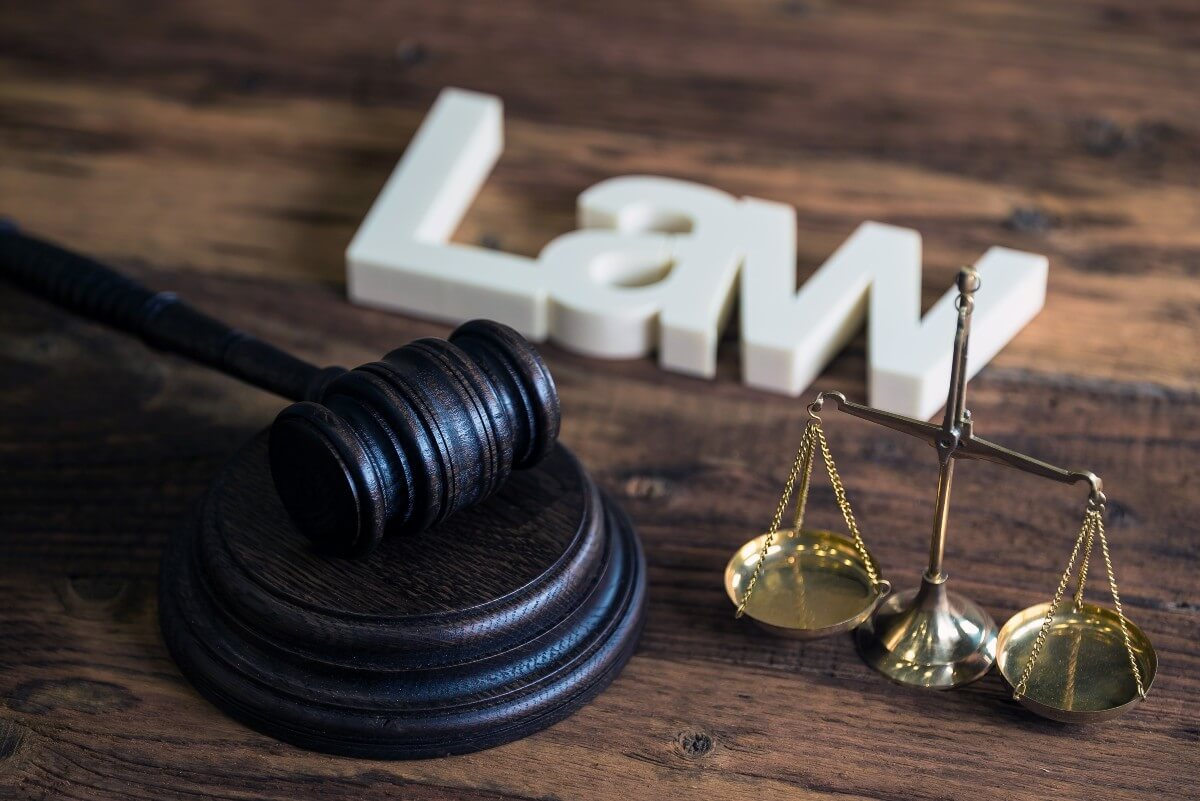Navigating Legal Waters: Key Health and Safety Rulings for Employers
Cases, Health and Safety / 28 March 2025

In a significant ruling, the High Court has overturned Whakaari Management Limited’s (WML) conviction under the Health and Safety at Work Act 2015 (HSWA) related to the tragic Whakaari (White Island) eruption in 2019. This ruling, along with the Ports of Auckland decision, highlights the critical importance of understanding and fulfilling health and safety obligations, particularly for senior officers in high-risk environments. Employers must diligently manage workplace safety to prevent tragedies and ensure compliance with legal duties.
Whakaari Management Ltd v WorkSafe New Zealand
District Court Ruling
Initially, the District Court found WML guilty, determining that WML, as a Person Conducting a Business or Undertaking (PCBU), managed or controlled the workplace (Whakaari) and failed to minimise the risk of an eruption as reasonably practicable. WML was fined $1,045,000 and ordered to pay reparations of $4,880,000.
High Court Appeal
WML appealed this decision, arguing they did not manage or control Whakaari as a workplace and thus did not owe a duty under HSWA.
In agreeing and quashing the conviction, the ruling focused on several key points:
- Definition of Management or Control: The High Court examined what it means to be a Person Conducting a Business or Undertaking (PCBU) who “manages or controls” a workplace under s 37 of the HSWA. The Court clarified that simply owning or leasing land does not automatically impose health and safety duties on the landowner. Instead, the duty applies to those who have active, practical control over the workplace’s physical conditions.
- WML’s Role: The Court found that WML’s role was limited to granting access to Whakaari for tours. WML did not actively manage or control the walking tour workplace. The Court noted that WML’s involvement was primarily as a landowner earning passive income by licensing tour operators to conduct guided tours on the island. WML did not have influence or control over the tour operators’ activities or operations.
- Active Management or Control: Justice Moore emphasized that for a PCBU to owe a duty under s 37, there must be active management or control of the workplace. In WML’s case, the Court determined that there was nothing on the walking tour workplace to be managed or controlled other than the work itself. WML’s responsibilities did not extend to day-to-day safety oversight or direct control of the tour operations.
- Practical Implications: The Court highlighted that the inquiry into whether a PCBU manages or controls a workplace must consider the practical realities of the situation. In this case, WML’s role was limited to granting access and attending user group meetings, but it did not have the power to actively manage or control the workplace in a practical sense.
- Distinction Between Workplace and Work: The Court made a clear distinction between the physical location of the workplace and the work being conducted. The Court noted that a workplace is a physical location used for a business or undertaking, and it has a temporal element. Some locations may only be workplaces when specifically used for work, while others may always be workplaces. The inherent dangers of the location should not dictate the analysis of management or control.
This decision clarifies the scope of s 37 of the HSWA, highlighting the importance of defining the extent of control and management in workplace safety obligations.
Maritime New Zealand v Gibson
In a related context, the Ports of Auckland decision further clarifies the health and safety obligations of senior officers in large companies. Former Ports of Auckland CEO Tony Gibson was found guilty under the HSWA for failing to ensure the safety of port workers, exposing workers to significant risks, resulting in the death of a stevedore. Mr Gibson was fined $130,000 and ordered to pay $60,000 in costs.
The Court highlighted that Mr Gibson’s failure to address known safety concerns and implement necessary safety measures directly contributed to the fatal incident. This ruling is significant as it is the first time an officer of a large, complex company has been charged under the HSWA for a breach of health and safety duties.
The finding in this case underscores the importance of active management and control in ensuring workplace safety, particularly for senior officers who must exercise due diligence to comply with health and safety duties.
Message for Employers
Both decisions serve as a reminder for employers to review their safety practices and ensure they meet legal requirements to protect their employees and avoid potential liabilities. This includes:
- Understanding Duties: Employers must clearly understand their duties under the HSWA, particularly regarding what constitutes active management or control of a workplace.
- Officers Duties: All officers, executives, and senior management should be aware of their own and the organisations health and safety obligations.
- Risk Assessment: It is crucial to engage qualified experts for risk assessments, especially in high-risk environments.
Support Available
We can offer tailored Support Packages to Employers, which could include:
- Board support: Attendance at meetings, tailored solutions for the organisation, review and refine health and safety Board reporting and agenda and providing best practice advice as issues arise.
- Training: Focused training for executives on legislative updates, case examples, need to know post-accident response tips and mental wellbeing. Each topic is a one-hour training session delivered virtually and/or in person.
- Legal updates: Regular tailored email summaries of recent legal developments and key learnings (legislation and case law).
- Fixed-Price offers on policies.
Get in touch with one of our team to discuss tailored support.
Disclaimer: We remind you that while this article provides commentary on employment law, health and safety and immigration topics, it should not be used as a substitute for legal or professional advice for specific situations. Please seek legal advice from your lawyer for any questions specific to your workplace.

